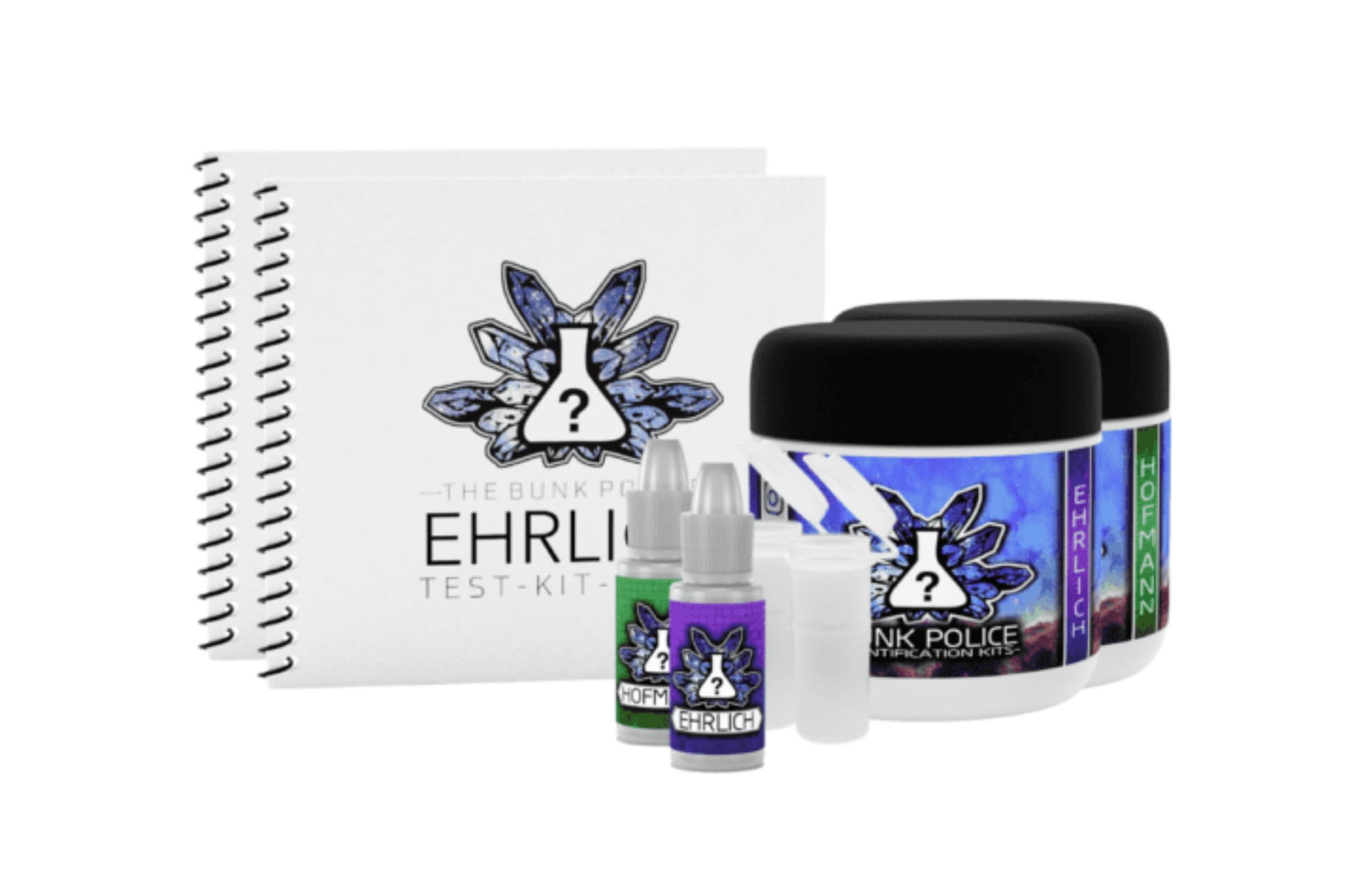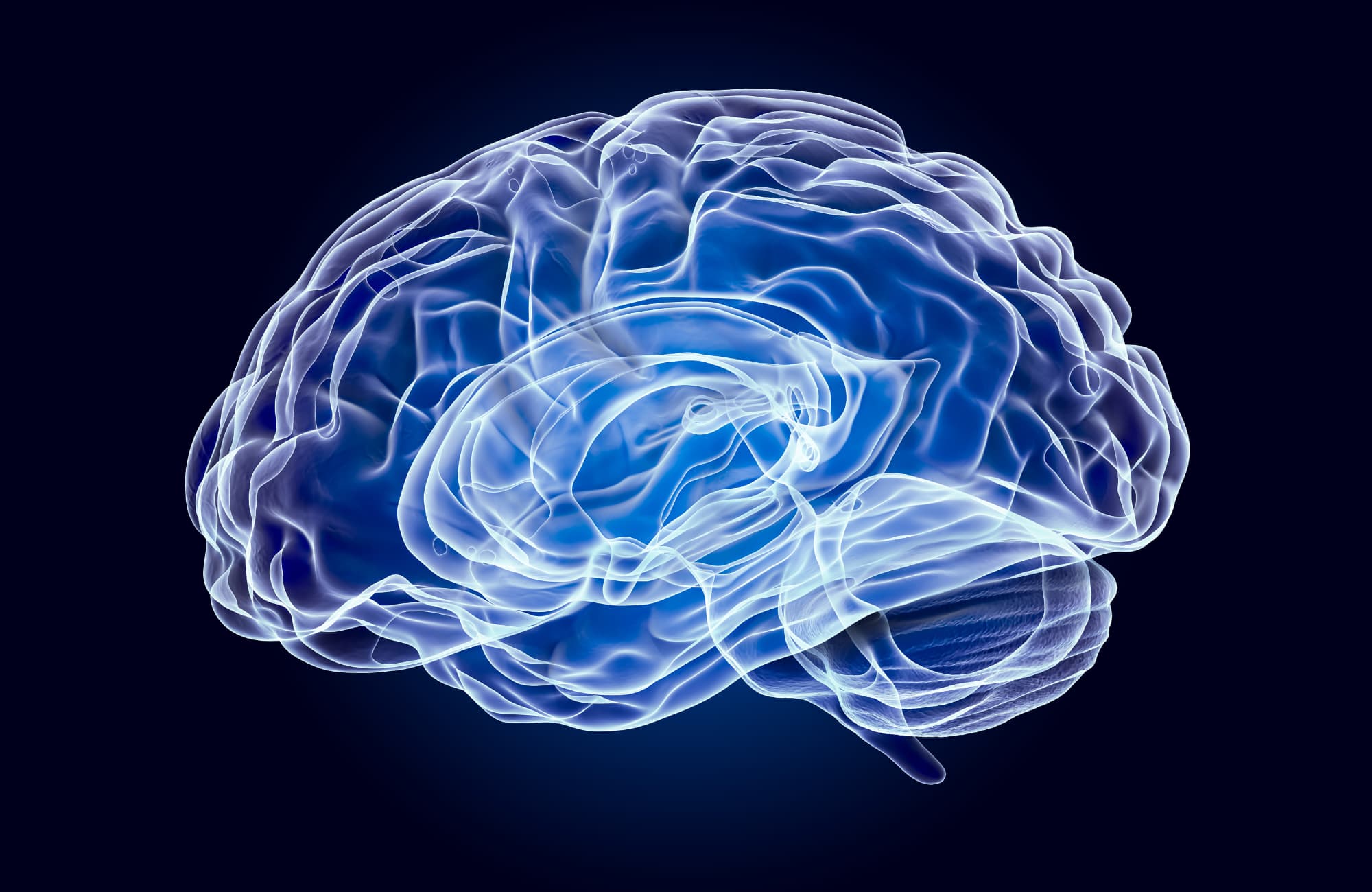A groundbreaking phase two clinical trial has found that a single 100-microgram (ug) dose of LSD, in its pharmaceutical formulation MM120, can significantly reduce symptoms of generalized anxiety disorder (GAD). What makes this finding especially noteworthy is that the relief lasted for up to twelve weeks after just one dose.
The results were striking. Nearly two-thirds of participants (65%) who received the 100 microgram dose reported meaningful improvements in their anxiety symptoms, compared to only about one-third (31%) in the placebo group. Even more impressive, nearly half (48%) of those given the active dose were considered to be in remission after twelve weeks.
Dose turned out to be critical. Lower doses in the 25–50 microgram range didn’t produce significant results, while a higher 200 microgram dose failed to outperform the 100 microgram group and led to more side effects. The most commonly reported effects were nausea, headache, and temporary visual changes. Under medical supervision, these were manageable and did not outweigh the therapeutic benefits.
Why Single-Dose Psychedelic Therapy Matters
For millions living with anxiety disorders, current treatments, like SSRIs, benzodiazepines, and talk therapy, aren’t always effective. They often come with side effects, dependency risks, or delayed onset.
This trial shows that a single dose of LSD may offer rapid and lasting relief, something nearly unheard of in psychiatry. While more research is needed, it’s a major step toward integrating psychedelics into legitimate mental health care.
What the LSD Study Means for Harm Reduction
At Bunk Police and Transparency, we focus on tools and information to make drug use safer. Here’s how this study ties in:
- Dose matters. 100 µg worked; lower doses didn’t. Knowing your dose is essential for both safety and efficacy.
- Substance identification is essential. Clinical LSD is lab-verified. On the street, what’s sold as LSD may be misrepresented or adulterated. Testing with the LSD Spot Kit Package at-home or mailing in your sample for lab verification is critical to ensure your substance is what you think it is.
- Set and setting can make a huge difference. In this study, LSD was given in a carefully monitored medical environment. Outside of controlled conditions, psychedelic experiences can be far less predictable.
 FAQ: LSD Effects, Duration, Addiction, and Legality
FAQ: LSD Effects, Duration, Addiction, and Legality
How Long Does LSD Last?
LSD typically lasts 8–12 hours, depending on dose, body chemistry, and environment. Some after-effects (like changes in mood or sleep) may linger into the next day. In this study, the therapeutic effects lasted 12 weeks, highlighting LSD’s unique potential in mental health treatment.
What Are the Effects of LSD?
Common LSD effects include:
- Visual changes, from slight distortions to vivid color and shape shifts
- Altered perception of self and environment
- Emotional sensitivity and shifts in mood or thought patterns
In the trial, side effects were mild to moderate and temporary, though higher doses increased intensity.
Is LSD Addictive?
LSD is not considered physically addictive, and there’s no withdrawal syndrome. However, tolerance builds quickly, and the experience can be psychologically overwhelming. Respecting dosage and using psychedelics sparingly is part of harm reduction.
Is LSD Legal?
In most countries, including the U.S., LSD is illegal, except in clinical research. This makes harm reduction tools like test kits even more important, since substances sold as LSD are often substituted with other chemicals.
Key Takeaways: LSD for Anxiety Treatment
- A single 100 µg dose of LSD (MM120) reduced anxiety symptoms for up to 12 weeks in a clinical trial.
- Lower doses weren’t effective, and higher doses caused more side effects.
- LSD remains illegal outside of research, but this study adds to the evidence base for psychedelic-assisted therapy.
- For anyone engaging with psychedelics, testing is essential to reduce risks. We’re proud to offer test strips and kits through BunkPolice.com, anonymous mail-in lab analysis at TransparencyTesting.com, and ongoing advocacy and education from our nonprofit Transparency.


